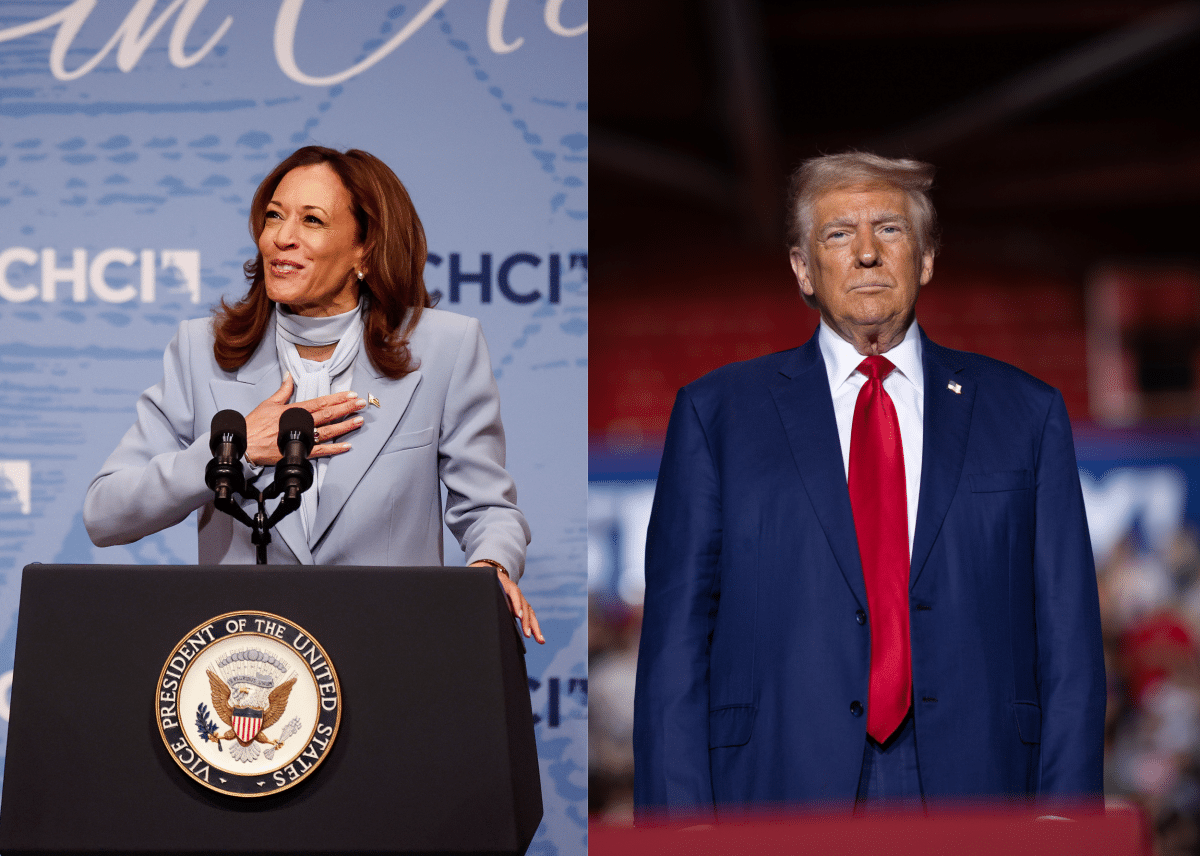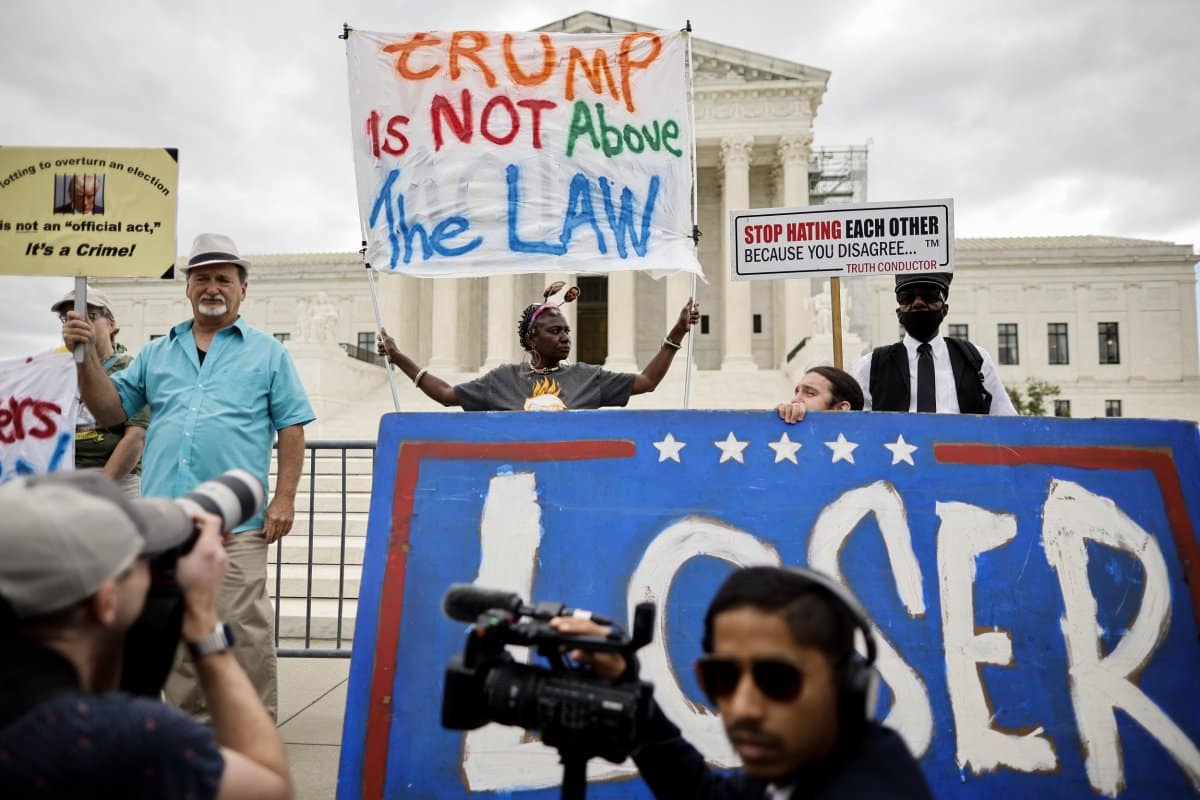A key player in a cybersecurity firm that collapsed has rejected “wild” claims about his alleged connections with Russian oligarchs in an exclusive interview with Newsweek.
André Pienaar, founder and Head of Investor Relations at C5 Capital, which was an early investor in IronNet, has insisted that recent reports which claimed the firm was open to undue influence from the Kremlin “completely mischaracterize the IronNet story.”
IronNet has been operating amid warnings from the National Security Agency and the FBI that “Russian military cyber actors” have been targeting U.S. infrastructure for espionage and sabotage purposes since at least 2020.
IronNet, a start-up founded by former NSA Director Lt. Gen. Keith Alexander, had promised to revolutionize the way private and public organizations combat cyberthreats but by October 2023 had filed for bankruptcy.
On Friday, The Associated Press reported on IronNet’s “high-profile flameout,” drawing on accounts from former employees and national security experts to allege that “questionable business practices” by the firm and C5 Capital had contributed to its collapse.
The report said that Pienaar had fostered a close relationship with Viktor Vekselberg – a twice-sanctioned Russian billionaire described by CNN as “a key ally of Russian President Vladimir Putin” – and that this association “could have left the firm vulnerable to meddling by the Kremlin.”
Pienaar has told Newsweek that the allegations of links with Vekselberg are “not new,” and stem from a separate 2017 dossier which he called “a wild conspiracy theory”.
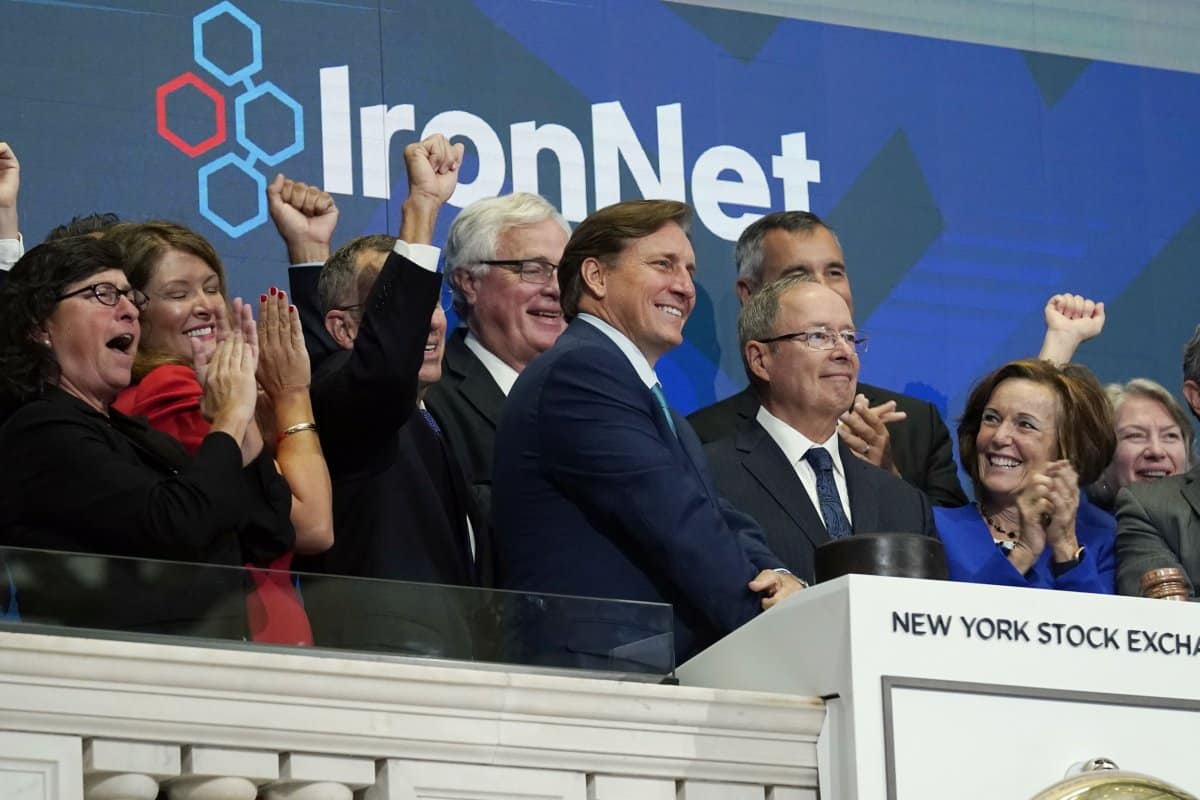
IronNet co-CEOs William Welch, center left, and Keith Alexander, center right, ring the opening bell of the New York Stock Exchange, to celebrate their company’s listing, Thursday, Sept. 9, 2021. Partially obscured behind Alexander is Andre Pienaar.
Richard Drew, File/AP Photo
Pienaar’s previous work was with G3 Good Governance Group, a London-based intelligence consulting business which he founded. AP, citing a co-founder of G3, said that Pienaar had helped Vekselberg “cement relationships with London’s rich and famous.”
Pienaar told Newsweek that, during his time at G3 in the early 2000s, he had performed due diligence on Vekselberg for an investor who had business interests in Russia, and that this had led to meetings with the oligarch, but that their relationship did not extend beyond this this work.
“In the intelligence business, when you collect intelligence, you often have to spend time with people that you wouldn’t invite home,” he said.
Pienaar was unable to say how many times the pair had met, but stressed that Vekselberg was never a client of G3, and that they never had a business relationship of any kind.
Pienaar told Newsweek that he had helped the same client obtain a title to an unexplored manganese deposit, which was subsequently sold to Vekselberg, but that he was neither involved nor consulted in this transaction.
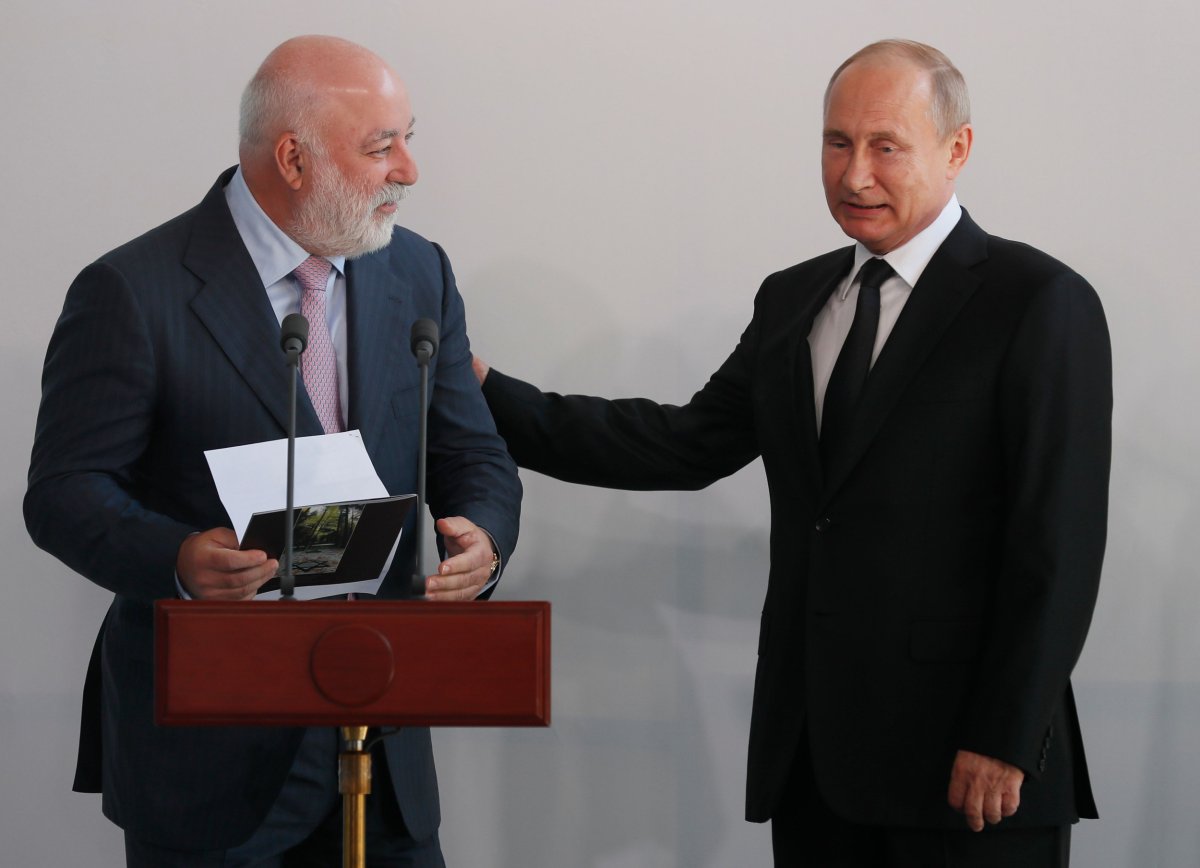
Russian President Vladimir Putin and businessman Viktor Vekselberg attend a ceremony unveiling the memorial to members of the resistance at Nazis concentration camps during World War Two, at the Jewish Museum and Tolerance Centre in Moscow on June 4, 2019. On Friday, AP said that Andre Pienaar had fostered a close relationship with the Russian oligarch, which he denies.
Sergei Ilnitsky/AFP via Getty Images
The report cited documents including “South African business records” to corroborate the claim that Pienaar had served on the mine’s board on behalf of Vekselberg.
Pienaar has insisted there were “huge challenges with the integrity of these records” and cited inconsistencies and inaccuracies, including his tenure, name, date of birth and home address. He has suggested that the errors could be a result of Russian “hacks” on South Africa’s companies database.
Pienaar responded to a claim that one of Vekselberg’s advisers, Vladimir Kuznetsov, was “an investor in Pienaar’s investment firm.”
He told Newsweek that Kuznetsov was never an investor in C5, but that he had made a co-investment in a Danish company called Omada, in which Pienaar’s firm had also invested, and that he had conducted “the highest level of due diligence” on him at this time.
Pienaar has also hit back at claims he sponsored a Russian music festival in Switzerland organized by Vekselberg, telling Newsweek that he attended a classical musical festival in Lucerne of which Kuznetsov was a sponsor, but that he does not remember seeing Vekselberg there.
“I went to listen to the orchestra not to meet people,” Pienaar said.
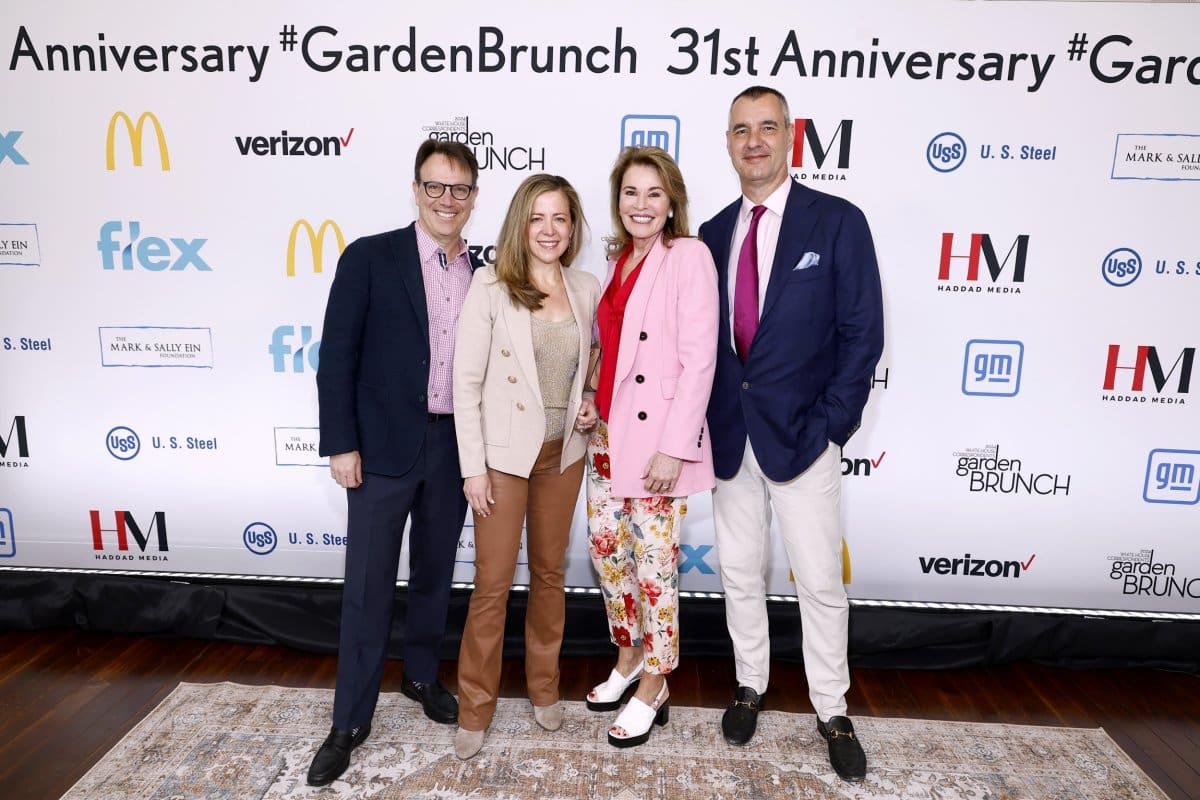
Miriam Vogel, Teresa Carlson, and Andre Pienaar attend the 31st Annual White House Correspondents’ Garden Brunch at Beall-Washington House on April 27, 2024 in Washington, DC. Pienaar says rumors about his alleged connections to Russian oligarchs have been circling for years, and stem from a “discredited” 2017 dossier.
Paul Morigi/Getty Images for Haddad Media
Contracts between IronNet and its investor, C5, were worth $5.2 million but the cybersecurity firm wrote off $1.3 million from C5 as “bad debt”, it was reported.
Pienaar told Newsweek that this was in fact reported by IronNet as “uncollectible,” and that this was due to an “agreed reduction” in the contract’s value.
Pienaar has since helped IronNet scale-down into a smaller, private outfit, and believes the company still can still play a crucial role in the cybersecurity space, despite its difficulties in the public market.
“The mission with IronNet continues,” Pienaar said. “It’s back under private ownership as it should have been. It’s kept all its customers. It’s doing some very important work to defend us, both the U.S. and U.S. allies from cyber attacks and we are optimistic about the company’s future.”
Do you have a story we should be covering? Do you have any questions about this article? Contact LiveNews@newsweek.com.








